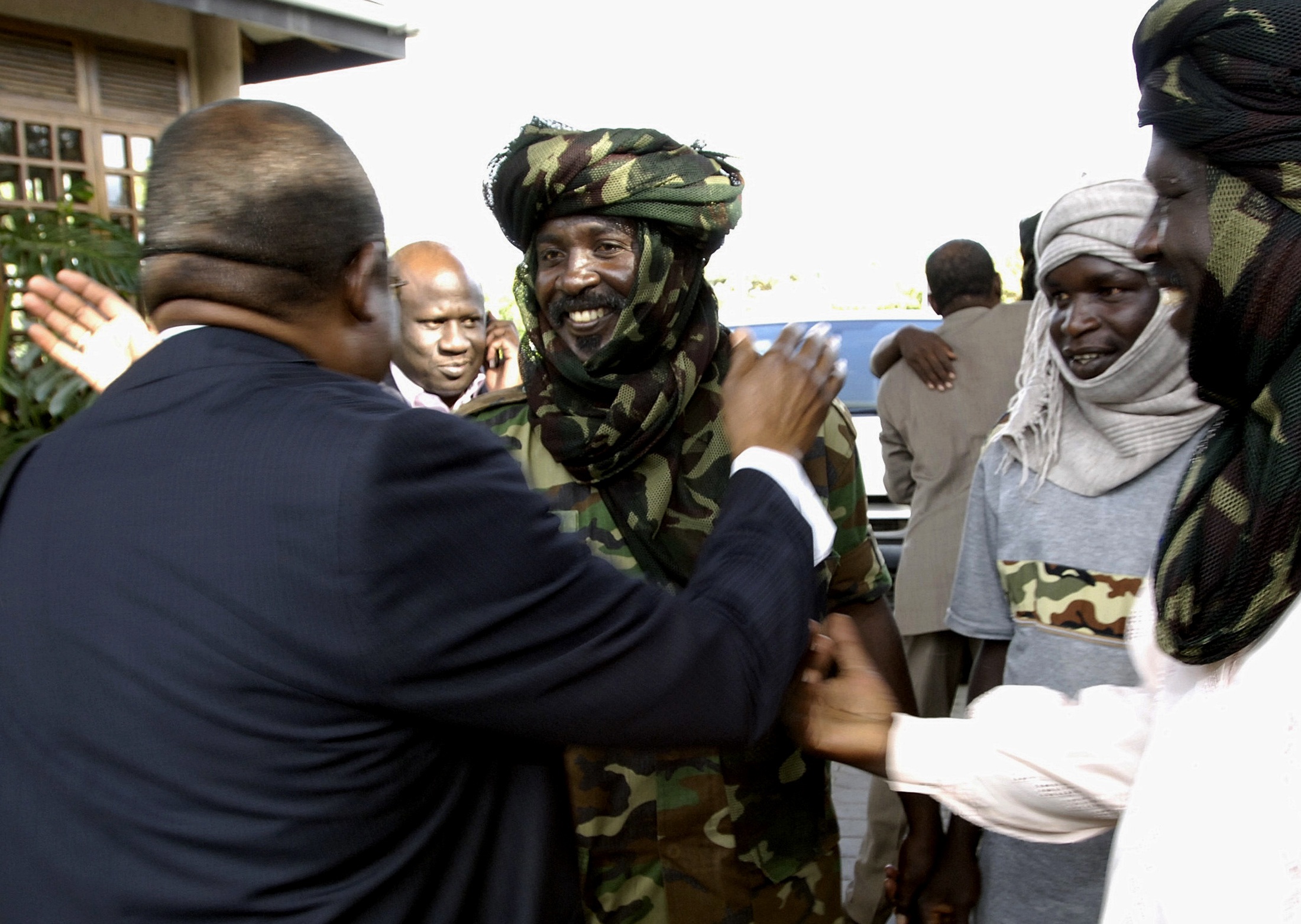Darfur rebels wrap up key unity talks
(agencies)Updated: 2007-08-07 11:26
Darfurian rebel groups attending United Nations-sponsored "pre-negotiation" talks over the weekend have agreed to work together to try to devise a solution to the deadly conflict that has devastated the Sudanese region since 2003.
The representatives of the rebel movements agreed to present a common platform on the sharing of power and wealth, security arrangements, land and humanitarian issues, and they also recommended that final talks towards a political solution to the Darfur conflict be held in two or three months' time.
Mr. Eliasson and Mr. Salim chaired the Arusha talks, which were also attended by representatives of Chad, Egypt, Eritrea and Libya, to chart the progress being made towards the staging of final negotiations on the Darfur crisis, which has killed more than 200,000 people and forced two million others to flee their homes.
The talks were also supposed to "create an enabling environment for the non-signatories [to last year's Darfur Peace Agreement] to meet and consult among themselves, with other participants and the Special Envoys in order to facilitate the preparations for the negotiations," according to the statement of conclusions issued by Mr. Eliasson and Mr. Salim today.
Not all of the non-signatories attended the Arusha talks. In the statement of conclusions, the rebel groups that did take part "decided to keep open the possibility for those who were invited but did not participate in the Arusha Consultations, to join their common platform."
Mr. Eliasson and Mr. Salim also said they would continue to pursue the case of Suleiman Jamous, a Darfurian elder who has been detained by the Sudanese Government, "in view of the role Mr. Jamous can play in the political process."
Mr. Eliasson has now travelled to Khartoum for two days of meetings with Government officials in the Sudanese capital, before he heads to the three states of Darfur and then on to neighbouring Chad on Saturday.
The Arusha talks were held just days after the Security Council authorized the deployment of a hybrid UN-AU peacekeeping force - the first of its kind - to try to quell the violence and suffering wracking Darfur.
The hybrid operation - to be known as UNAMID - has an initial mandate of 12 months and will incorporate the existing AU Mission in Sudan (AMIS), which has been deployed across Darfur since 2004. It will become the largest peacekeeping force in the world, with almost 26,000 troops and police officers when it reaches full deployment.
By October, UNAMID is scheduled to have its management, command and control structures in place, and then by the end of the year it is expected to be ready to take over operations from AMIS.
Since fighting erupted between rebel groups, Government
forces and allied Janjaweed militias in 2003, UN officials have repeatedly
described Darfur as the scene of one of the world's worst humanitarian
crises.
|
|
|
||
|
||
|
|

